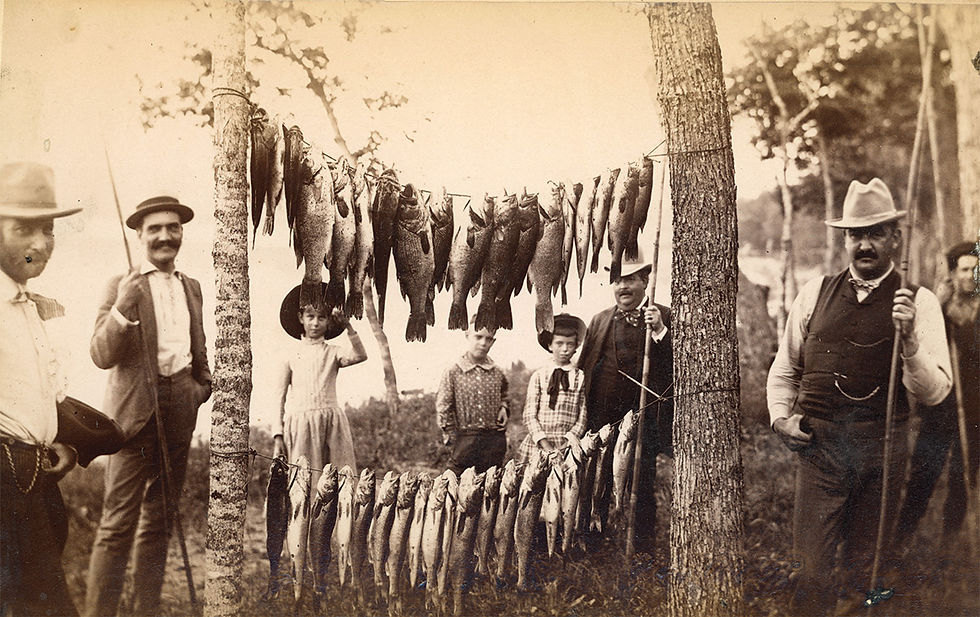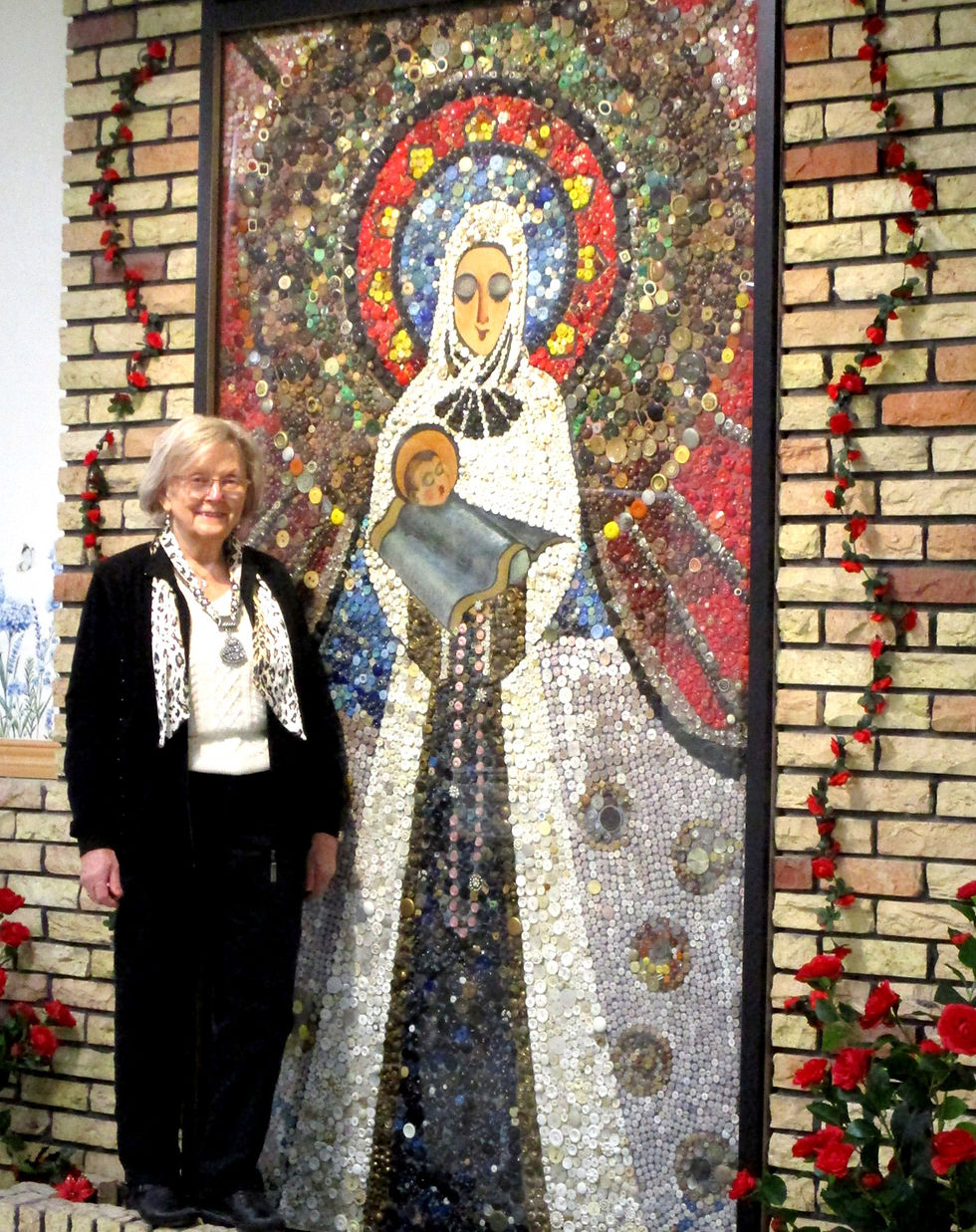Learning in retirement
- Sr Perspective

- Oct 3, 2022
- 4 min read
Keeping brain happy and having fun are why many seniors choose to keep learning as they age
By CARLIENNE A. FRISCH
When Sue and Steve Howard retired to Mankato from southeastern Minnesota, they followed the advice of John Adams (U.S. President 1796-99), who said, “Old minds are like old horses; you must exercise them if you wish to keep them in working order.” The Howards, both of whom had grown up in Chicago before moving to Minnesota, searched for a community that would offer opportunities to enrich their lives and challenge their minds. When they saw the phrase “lifelong learning,” they did a bit of research and planned their move.

Steve, a retired police officer, and Sue, who taught and practiced physical therapy, soon began to attend activities sponsored by Mankato Area Lifelong Learners, a non-profit group that began in 1968. Sue now serves on the committee that plans and schedules two-hour sessions on a variety of topics. Other Lifelong Learners activities include regular updates on international issues from a seasoned diplomat speaker, social dining groups, and occasional one-day bus trips.
The driving force behind the formation of Mankato Area Lifelong Learners (MALL) was Dave Janovy, now an emeritus professor of sociology and gerontology at Minnesota State University, Mankato. Janovy explained, “Our motto is ‘to provide vitality in later life.’ This is not continuing education, which refers to job skills. Lifelong learning is for a lifetime; we can do it specifically—pursue learning for its own sake. There are two main reasons--cognitive (to maintain the brain) and socialization.”
It was in 1968 that Janovy was an after-dinner speaker at an event of the Mankato Area Retired Education Association. He spoke about lifelong education, and challenged the members to form a group of lifelong learners. Nearly a dozen people responded, and MALL became a reality as a non-profit organization associated with what is now Minnesota State University, Mankato. Janovy has made Lifelong Learners an ongoing part of his life’s work, serving on various committees and on the governing council.
Lifelong Learners’ activities began with occasional week-long offerings (modeled after Elderhostel), but the organization soon began offering two-hour “classes” at various locations in the Mankato area.
And what would an organization be without committees? Of the various committees that were formed, the presentations committee (on which Sue Howard now serves) may be the most visible. This group of eight to 10 people is responsible for scheduling about a dozen educational presentations every three months.

One long-time member, Anita Dittrich, who joined in 1997 shortly after beginning her retirement, said she has always been impressed with the people who offer educational presentations to Lifelong Learners. She explained, “I’ve been impressed with their enthusiasm and the time they spent to prepare a two-hour program.” She enjoys attending Lifelong Learners activities because, she said, “I enjoy people who enjoy learning.”
Dittrich was the first volunteer secretary of the Lifelong Learners board, and then volunteered in the office until she was hired to work three mornings a week—a schedule still followed by the current office manager.
In recent years, programs have been offered on topics as varied as the history of the Ku Klux Klan in Minnesota, an informational and vocal presentation by local singers/musicians Pete and Billy Steiner, and a surprisingly well-attended DVD series on the history of the Black Death in the 14th century. Other presentations have varied from a multi-session overview of European art collections to the latest information on stem cell therapy. Before COVID became an issue, Lifelong Learners offered a variety of in-person presentations (by writers, military veterans, world travelers, etc.), as well as various DVD series, such as the history of the Celts, Scandinavian history, and a lengthy series about the Eastern steppes.
Even during the height of the COVID pandemic, online presentations were scheduled, and in-person presentations recently returned, with wearing of masks required, following university protocol. As this fall’s presentations are being arranged, the variety is obvious—end of life doula, classical and jazz guitar, Mankato’s Islamic community, a Yorkshire lad’s immigrant story—and more, of course.
For members (and guests) interested in the status of international relations, Lifelong Learners offers special presentations by Tom Hanson, who is a former U.S. Foreign Service Officer with the U.S. Department of State. His diplomatic postings have included six countries, including two former Communist countries. He brings insight to issues such as the ongoing conflict in the Middle East, and the current situation in Ukraine.
Lifelong Learners don’t spend all of their time sitting in chairs, absorbing knowledge. For many years, bird walks were a regular spring activity for members. The late ornithologist Merrill Frydendall, a retired MSU-M professor, would meet Lifelong Learners members in a park or nature area and help them spot and identify a variety of birds.

For those members who may prefer to relax in a chair, there are two Lifelong Learners book clubs—the Bookmarks, which reads a variety of genres, and meets monthly to discuss them—and the Science and History Book Club, which meets every three months and has read such diverse titles as “Summer 1787” (an account of the writing of the U.S. Constitution) and “The Brain.”
From a personal standpoint, Janovy has enjoyed watching Lifelong Learners programs and activities continue to grow in number and in variety. “It developed within the community once people understood they didn’t have to be associated with the university,” he said.
Originally called “MSU for Seniors,” the current name, Mankato Area Lifelong Learners, far better represents the founding concept of lifelong learning for everyone.
At what age is a person eligible to join MALL? The organization’s by-laws state “age 55 or older,” but Janovy said, “We don’t card.”




Comments